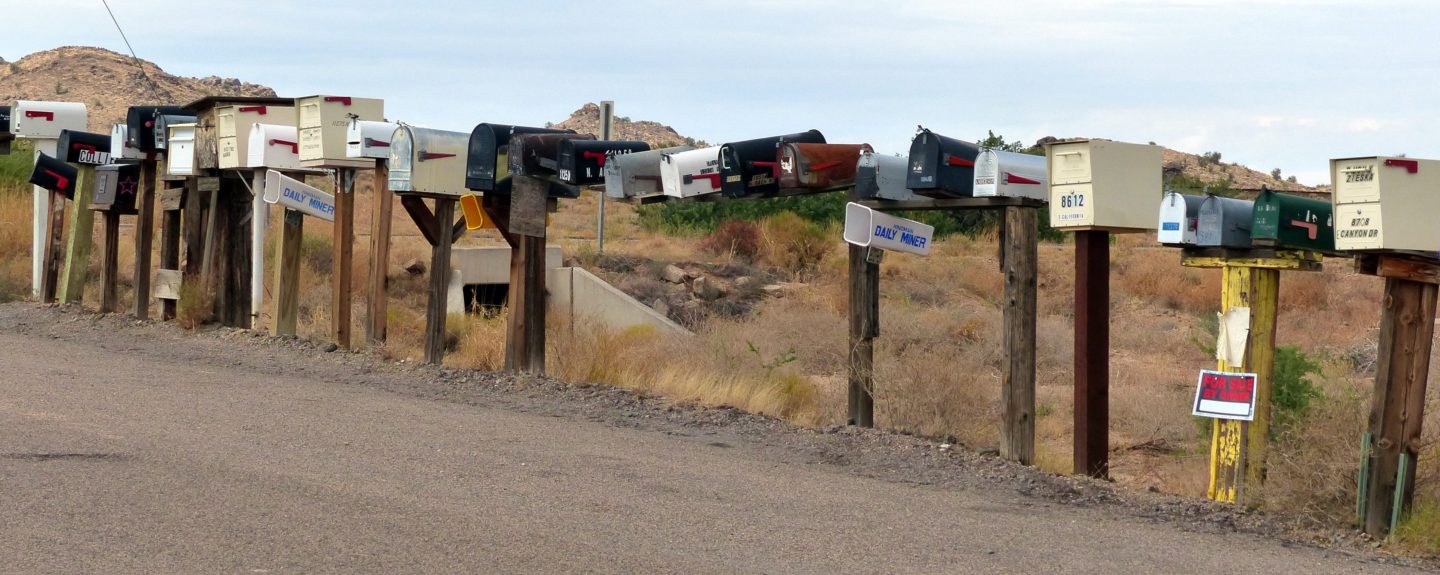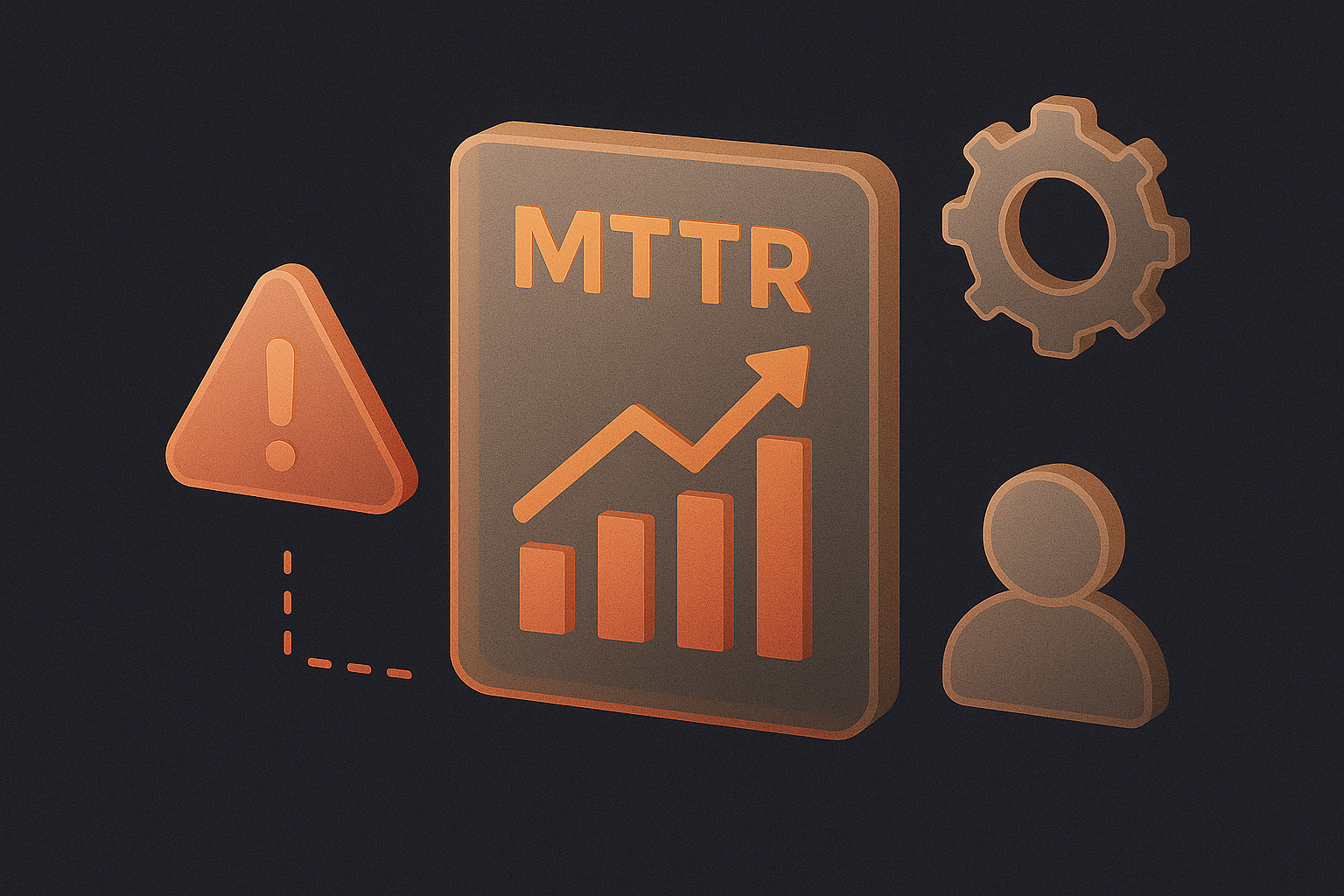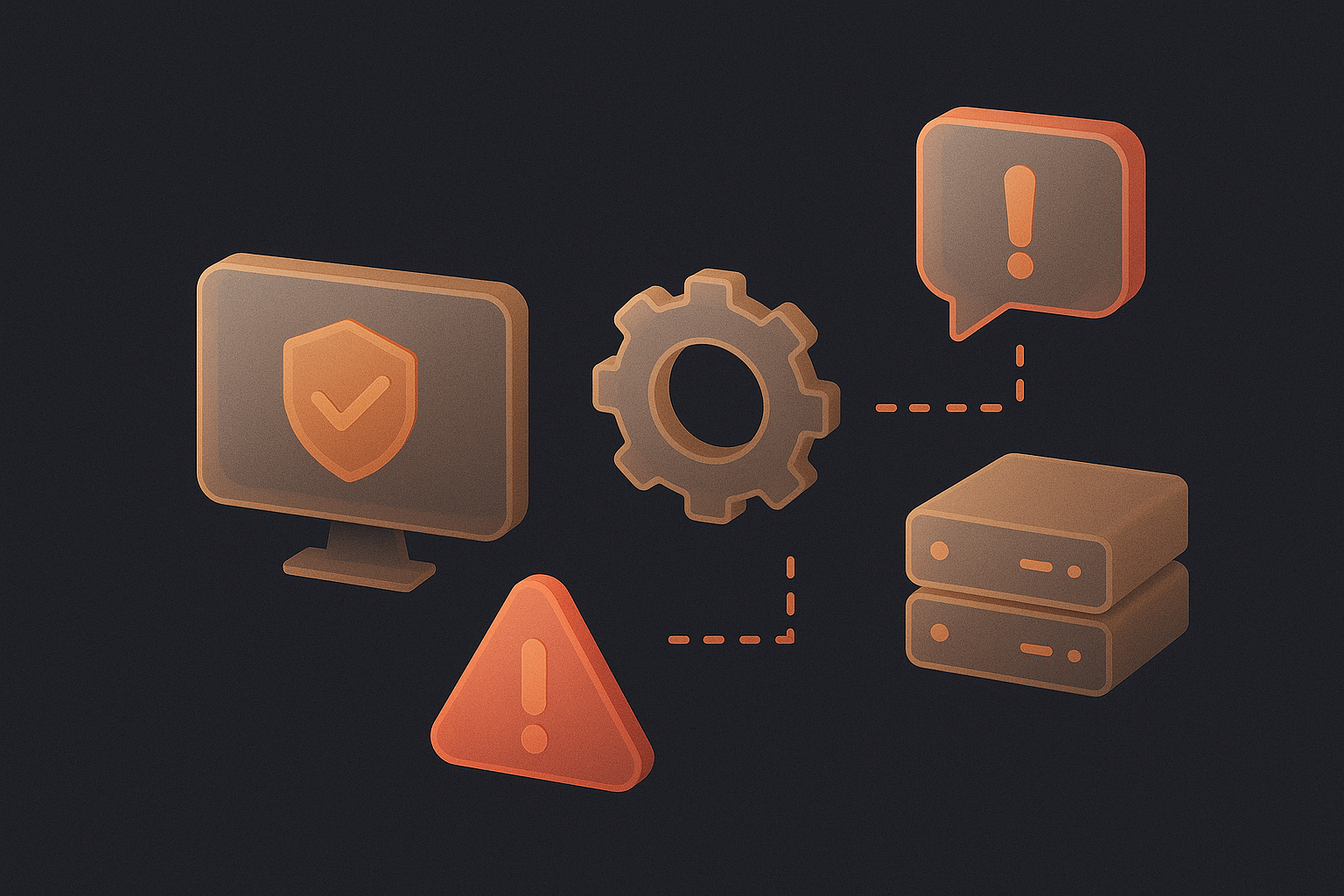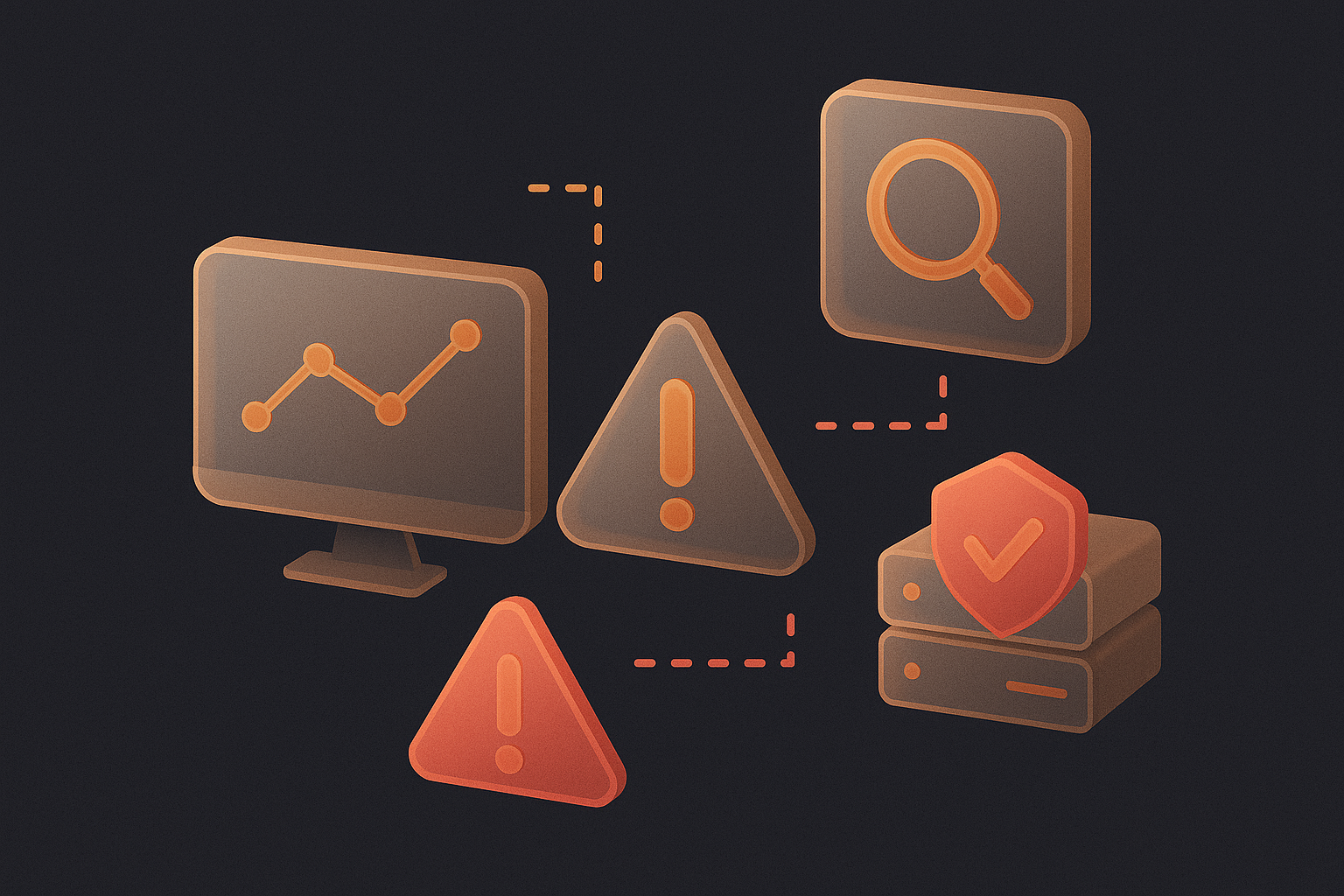HIPAA Breach Notification Rule compliance is a must for hospitals and other healthcare organizations. Yet failure to notify key stakeholders about a HIPAA data breach remains a major problem for many healthcare organizations across the United States.
Ultimately, healthcare organizations must allocate time and resources to identify and stop data breaches. In the unfortunate event of a data breach, these organizations must notify key stakeholders immediately. Because if a healthcare organization fails to comply with the HIPAA Breach Notification Rule, the end results may include brand reputation damage, revenue losses and other long-lasting problems.
A Closer Look at the HIPAA Breach Notification Rule
The HIPAA Breach Notification Rule requires HIPAA-covered entities and their business associates to notify key stakeholders following a breach of unsecured protected health information. Similar breach notification provisions implemented and enforced by the Federal Trade Commission (FTC) apply to vendors of personal health records and their third-party service providers.
Additionally, a healthcare organization must post a list of breaches of unsecured protected health information affecting 500 or more individuals. That way, individuals can review brief summaries of healthcare breach cases, as well as the names of private practice providers that have reported breaches of unsecured protected health information.
How to Respond to a Healthcare Data Breach
An alert tracking system is a must-have for healthcare organizations. With this system in place, a healthcare organization can notify its key stakeholders at regular intervals during a data breach.
Thanks to an alert tracking system, key stakeholders can receive reminders at regular intervals until a healthcare data breach is fully resolved. The system also allows a healthcare organization to trigger workflows to manage escalations and update control processes as needed.
An alert monitoring system enables a healthcare organization to establish notification priority and service levels based on a service level agreement (SLA), too. It even comes equipped with message rules and workflow engines that allow a healthcare organization to customize its incident response process.
The Bottom Line on the HIPAA Breach Notification Rule and Healthcare Data Breaches
Healthcare organizations are responsible for preparing for data breaches and complying with industry data security mandates. There is no telling when a data breach will occur. However, if a healthcare organization plans for the worst-case scenarios, it can minimize data breach damage. This organization may be able to stop data breaches before they happen as well.
For healthcare organizations that want to maintain HIPAA Breach Notification Rule compliance, an alert tracking system is crucial. This system allows a healthcare organization to keep its key stakeholders informed throughout a data breach. Best of all, an alert monitoring system can help a healthcare organization streamline its response to data breaches and other incidents.



